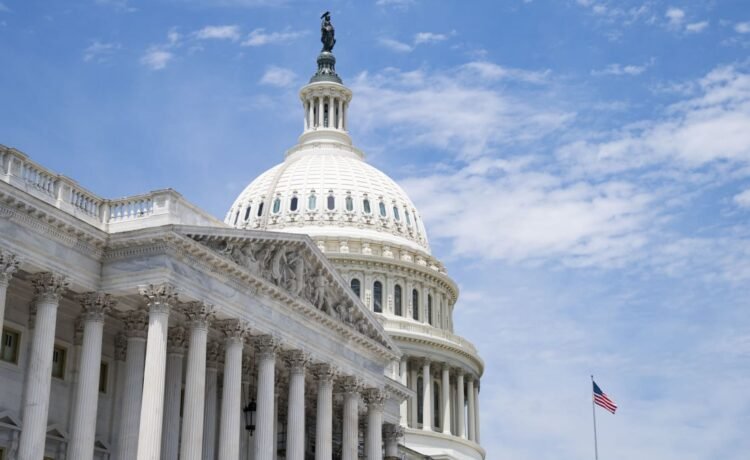The U.S. Senate has unveiled yet another AI protections bill among a series of similar initiatives, this time aimed at safeguarding the work of artists and other creatives.
Introduced as the Content Origin Protection and Integrity from Edited and Deepfaked Media Act (COPIED Act), the new legislation would require more precise authentication of digital content and make the removal or tampering of watermarks illegal, the Verge reported, under new AI standards developed by National Institute of Standards and Technology (NIST).
Prime Day deals you can shop right now
Products available for purchase here through affiliate links are selected by our merchandising team. If you buy something through links on our site, Mashable may earn an affiliate commission.
The bill specifically requires generative AI developers to add content provenance information (identification data embedded within digital content, like watermarks) to their outputs, or allow individuals to attach such information themselves. More standardized access to such information may help the detection of synthetic, AI generated content like deepfakes, and curb the use of data and other IP without consent. It would also authorize the Federal Trade Commission (FTC) and state attorneys general to enforce the new regulations.
Mashable Light Speed
A regulatory pathway such as this could effectively help artists, musicians, and even journalists keep their original works out of the data sets used to train AI models — a growing public accessibility issue that’s only been exacerbated by recent collaborations between AI giants like OpenAI and media companies. Organizations like artist union SAG-AFTRA, the Recording Industry Association of America, the News/Media Alliance, and Artist Rights Alliance have come out in favor of the legislation.
“We need a fully transparent and accountable supply chain for generative Artificial Intelligence and the content it creates in order to protect everyone’s basic right to control the use of their face, voice, and persona,” said SAG-AFTRA national executive director Duncan Crabtree-Ireland.
Should it pass, the bill would make it easier for such creatives and media owners to set terms for content use, and provide a legal pathway should their work be used without consent or attribution.















